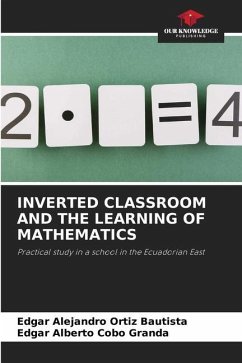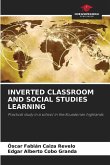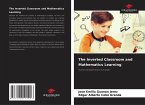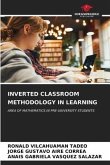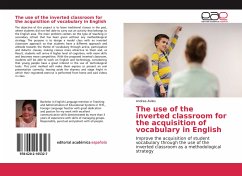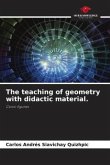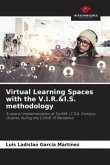The present academic work is quantitative in nature, from the conception of the idea to the development of the report of the findings, it is supported by a longitudinal cohort design, due to the changes observed in the designated groups during the research work; this in order to respond to the hypothesis that the inverted classroom improves the teaching-learning process of mathematics in students in upper elementary school. The results of the satisfaction survey show incidence in the student's perception, which confirms that the use of the inverted classroom improves the learning process.

